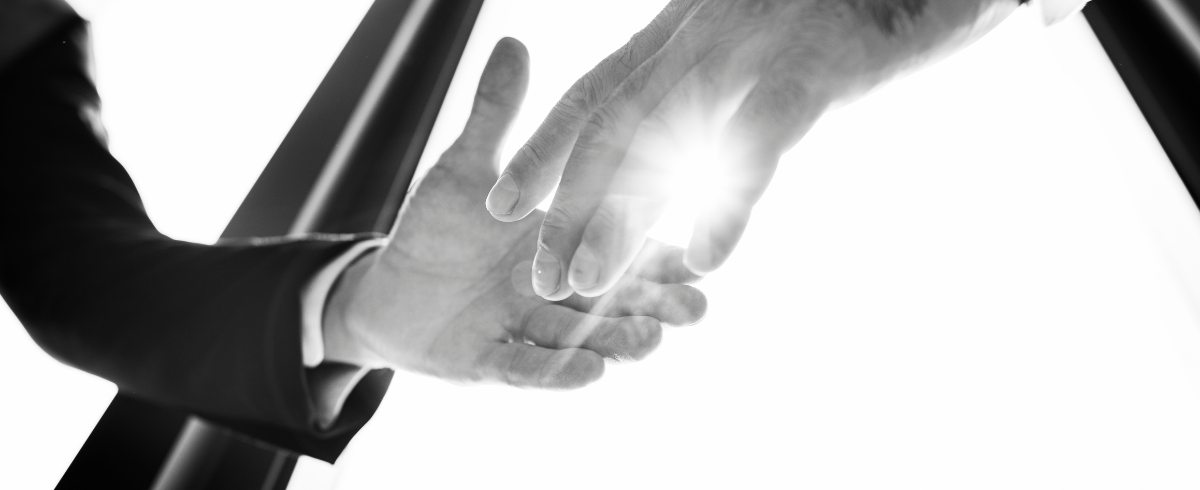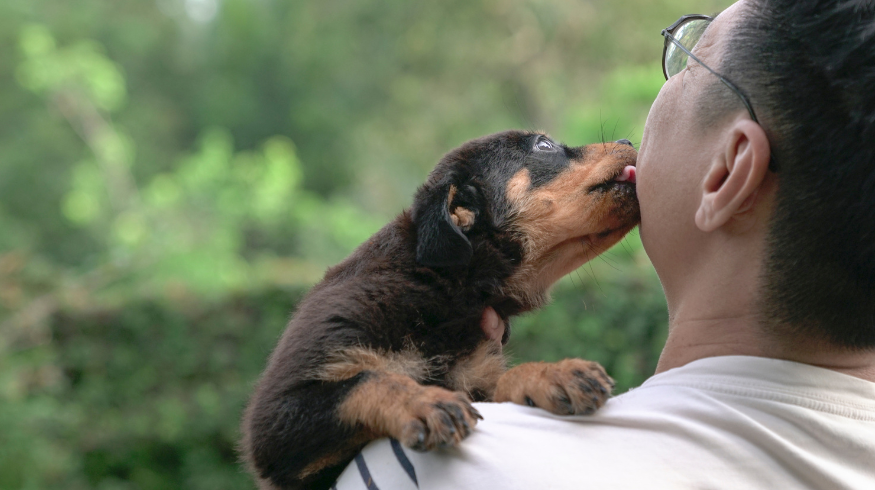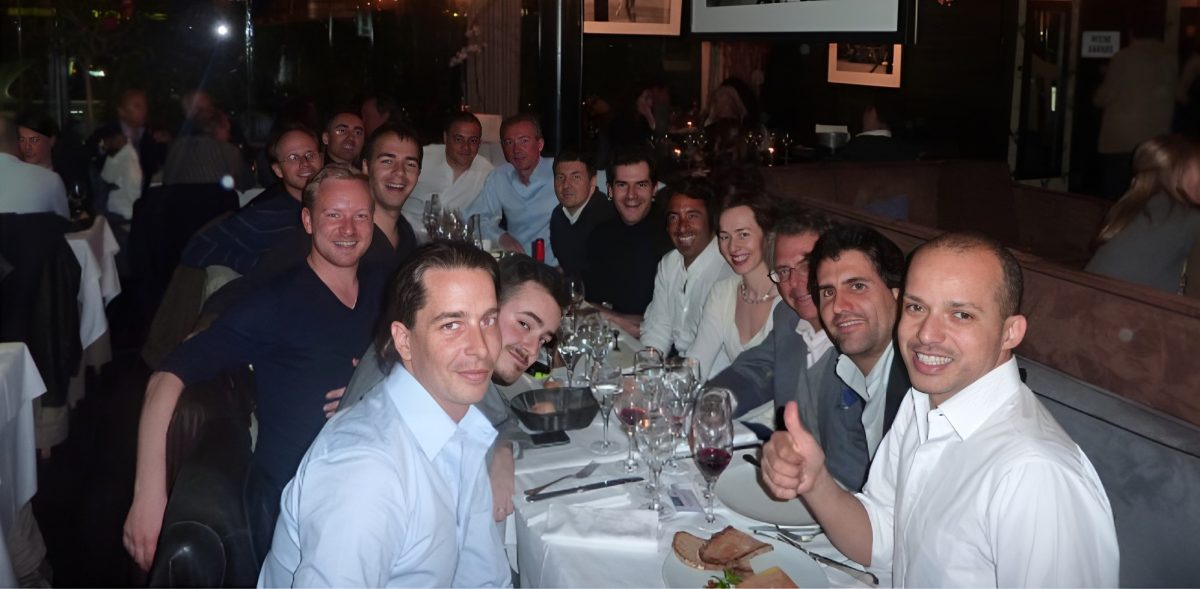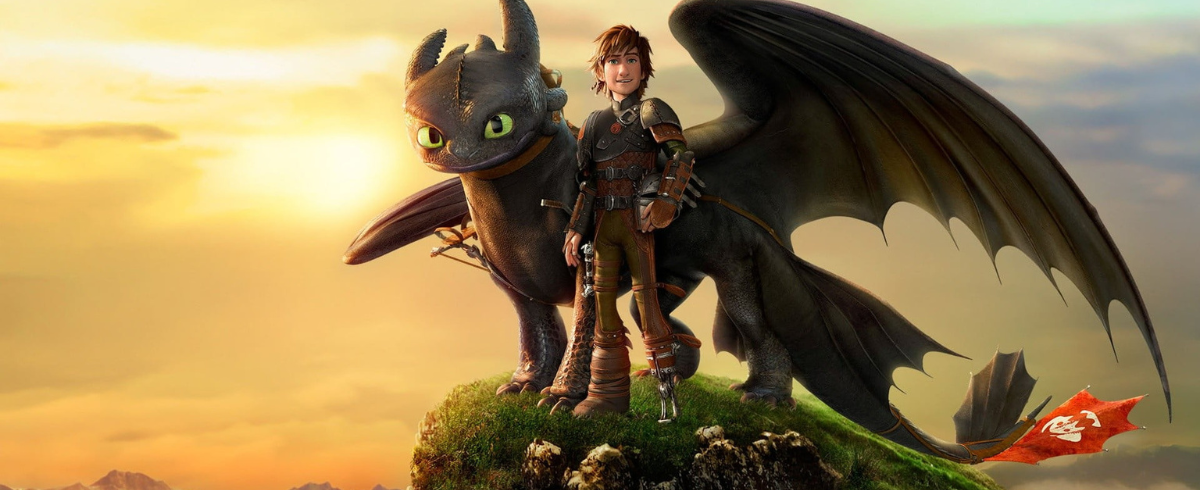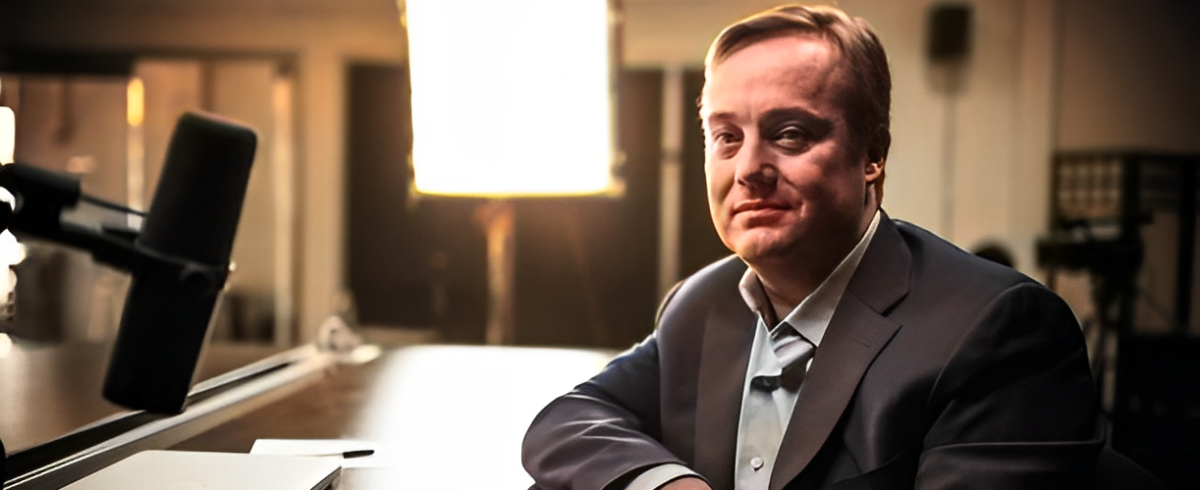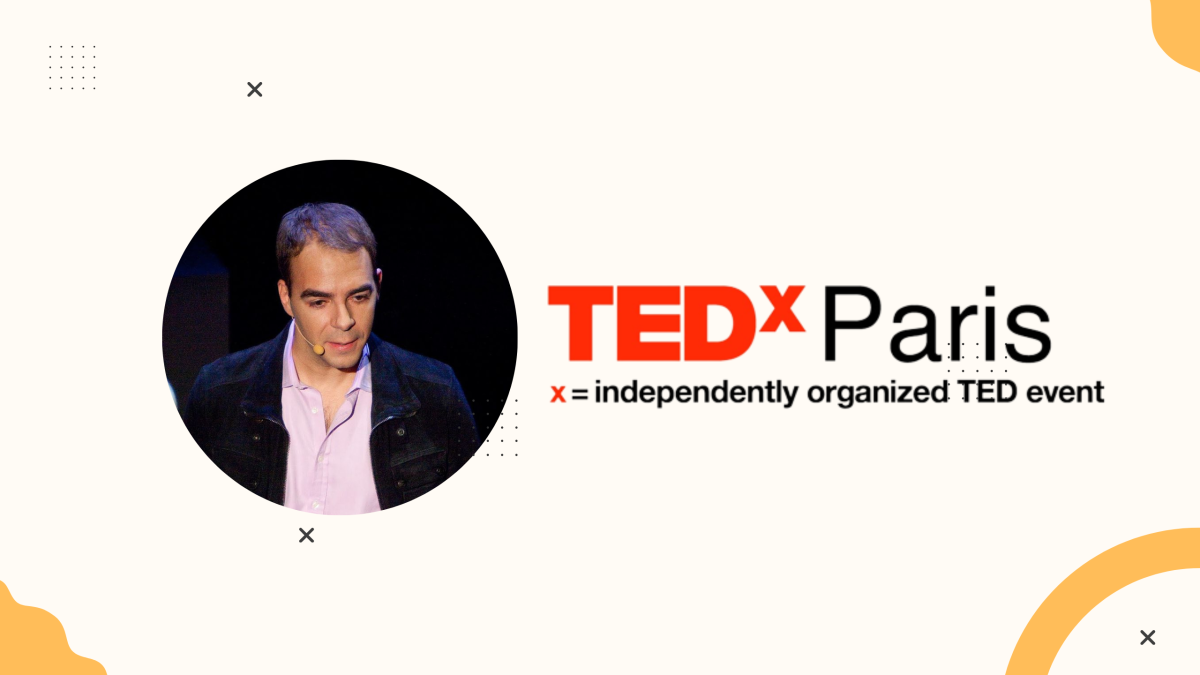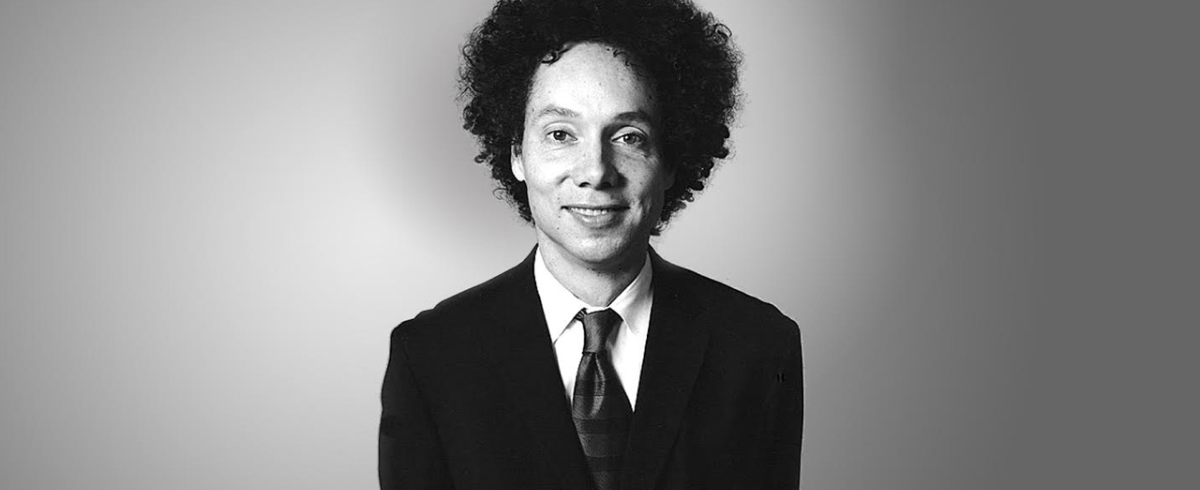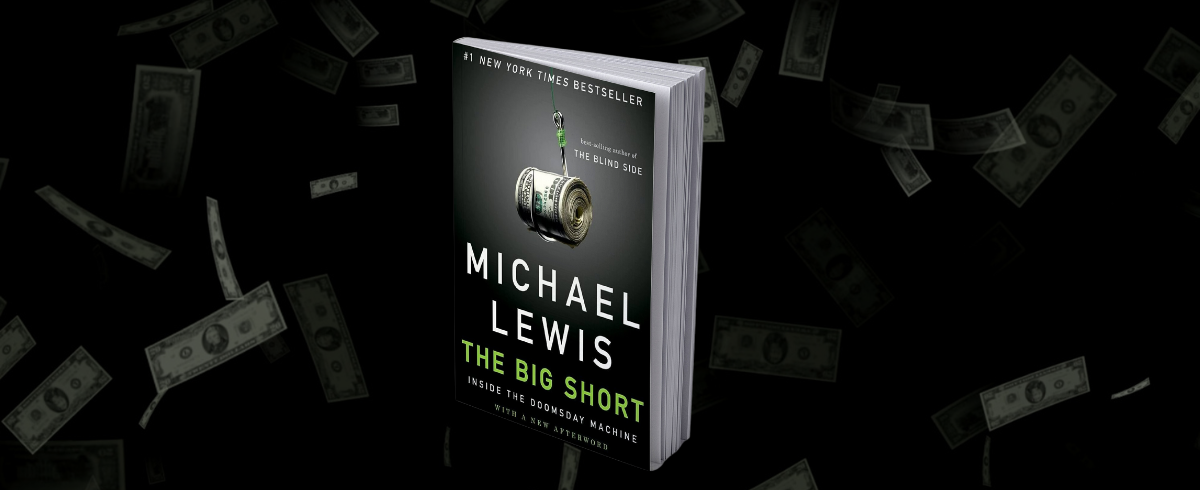Last January, I was privileged to be invited to speak in French at the first TEDx Paris. They asked me to speak for 10 minutes about my life as an entrepreneur and my love of entrepreneurship. I had already spoken on this topic in Paris at LeWeb, but it was in English so they asked me to give a similar speech in French. You can also find a translation of the notes I prepared for the speech below:
I want to tell you a story. I think I am the luckiest man in the world!
In 1984, at the age of 10, my parents bought me my first computer. Thus started a long love affair with technology. In high school I built computers from spare parts and sold them to my classmates. At Princeton University, in my free time, I built a small company exporting computer equipment from the US to Europe.
After college, I worked as a consultant for McKinsey & Company in New York. Two years later, the opportunity of a lifetime presented itself: the Internet bubble started inflating and the world disproportionately valued what little talent I had: youth and computer expertise. I was at the right place at the right time with the right skills.
I left McKinsey and sold everything I had to start the adventure! I faced a dire problem: not being particularly creative, I did not have a new idea to bring to the world. I then recalled a quote by Picasso: “Smart people plagiarize, but geniuses plunder and steal!” You can see on the screen behind me to what extent Picasso and Matisse were stealing from each other. Picasso’s quote is not particularly original either as it is inspired by an almost identical quote by Oscar Wilde. As stealing seemed to work for Picasso and Matisse, I decided to copy them and to steal American ideas to bring them to the rest of the world. Given that stealing has a negative connotation, I coined the concept “international idea arbitrage”.
I studied all ideas that were successful in the US to see which ones I could bring to France and Europe. To select the right one, I defined 9 business selection criteria. I looked at Amazon, Priceline, Yahoo, E*TRADE before choosing eBay’s online auction model. My first company, Aucland, was born!
The experience was incredible! The company had up to 150 employees in 5 countries and was one of the market leaders. Even if that first experience ended up as a failure when the Internet bubble blew up in 2000, it was obvious I would remain an entrepreneur.
It is hard to imagine the joy of entrepreneurship until you actually become an entrepreneur. The freedom of thought and imagination is incredible. It is only matched by the pride you feel from creating something from nothing, from giving opportunities to your employees and to receive thank you letters from your customers. Having felt such sensations, it was impossible to consider doing anything else!
I was still not creative and went back to my 9 business selection criteria and did an arbitrage in the other direction. I noticed that the market for mobile content was more advanced in Europe and Asia than in the US and decided to bring cell phone ringtones from these regions to the US with a new company: Zingy.
What is amusing is that I met the same skepticism bringing this idea to the US that I had met while bringing auctions to France. Where they told me only these crazy Americans would buy online, Americans told me only Europeans, Japanese and Koreans would be crazy enough to buy ringtones for cell phones. If there is one thing I learned after all these years is that ideas which work in one country work in other countries. Despite cultural differences, human beings are quintessentially similar in all countries: we want to communicate, be entertained and give meaning to our lives.
That said, given the first three extremely difficult years with Zingy, I almost confirmed the skeptics’ analysis! Raising money in 2001, after the Internet bubble deflated, had become impossible. I had not even finished the first sentence explaining my idea that every venture capitalist had hung up! I ended up investing, little by little, everything I had in Zingy and we almost did not make it! I could not make payroll or pay my rent 4 months in a row! When you stop paying people, something amazing happens: they stop showing up for work 🙂 We went from 23 employees to 7. Fortunately, the company finally became profitable in August 2003. We were saved!
The failure with Aucland and the quasi-failure with Zingy completely changed my relationship with risk. There is no risk or at least the consequences of failure are much less worse than one can imagine. Even if Zingy had failed, I would have gotten a fantastic life lesson that I could have brought to any employer! Since then, where others see risks, I see opportunities! This type of thinking has completely changed my relationship with risk in my personal life. I became a fan of adrenaline: I kite board, helicopter ski, play paintball, adventure travel… The world has become my playground!
Despite difficult beginnings, Zingy ended up being a success. Sales of the company went from $1 million in 2002 to $5 million in 2003 to $50 million in 2004 to $200 million in 2005. $1 to $200 million in 4 years with no funding! I sold Zingy in May 2004 for $80 million in cash and stayed as CEO for another 18 months before creating my new company.
At the beginning of 2006, I realized that the world of classifieds was undergoing a revolution with a transition from paid classifieds in newspapers towards free online classifieds. Paradoxically, it’s in the least rich countries, especially in Latin America, Eastern Europe and Asia, that that transition had not yet started and where it still cost $100 or more to post a classified ad! I thus created OLX with my Argentine partner Alec Oxenford to answer that need. OLX is now present in 91 countries in 40 languages. We have 140 employees in Buenos Aires, Sao Paulo, Moscow, Delhi and Beijing. More importantly, 100 million people use the site every month! The fact that it’s free is magical because where people only used classifieds for high value transactions like selling a house or a car, the free model allows people to find roommates, to sell their couch or to simply find a babysitter or a DJ for an evening. Every month we receive hundreds of thank your notes from our users – they found the house of their dreams, the job of their dreams or simply got a good deal on something. There is nothing more gratifying for an economist to create a free marketplace to help people better live their lives!
Anyone can be an entrepreneur regardless of age, education, sex, social class or experience. At the age of 52, in 1954, Ray Kroc, ambulance driver then door to door salesman met two brothers who owned a restaurant. He decided to buy them out and to franchise the concept. Those brothers were called McDonald. Ray Kroc built the McDonald empire from age 52 to 81!
To help entrepreneurs I am an investor in 28 startups. I donate to several non for profits who foster entrepreneurship. Project Enterprise is an example of such an organization. They offer advice and micro credits to the under privileged in New York who want to become entrepreneurs. It’s incredible the number of ideas their entrepreneurs had by observing what was missing in the world around them. By answering those needs they often succeeded in escaping poverty while creating many jobs. To give you an example, Mustaqeem Abdul Azeem, whom you can see in the top right on the screen, came out of prison looking for something to do. He discovered he was a born salesman. He obtained a license to sell from a table in the streets of New York. With a loan of $1,540 in 2005 he started selling creams, incense and oils. Today he owns multiple tables, does several hundred thousand dollars in sales and employs many people. With a second loan he bought a van to transport his inventory between his various tables as quickly and cheaply as possible. There is nothing more moving than to listen to stories of entrepreneurs like Mustaqeem.
I want to leave you with this quote from Goethe: “Whatever you can do, or dream you can, begin it. Boldness has genius, power and magic to it!»
